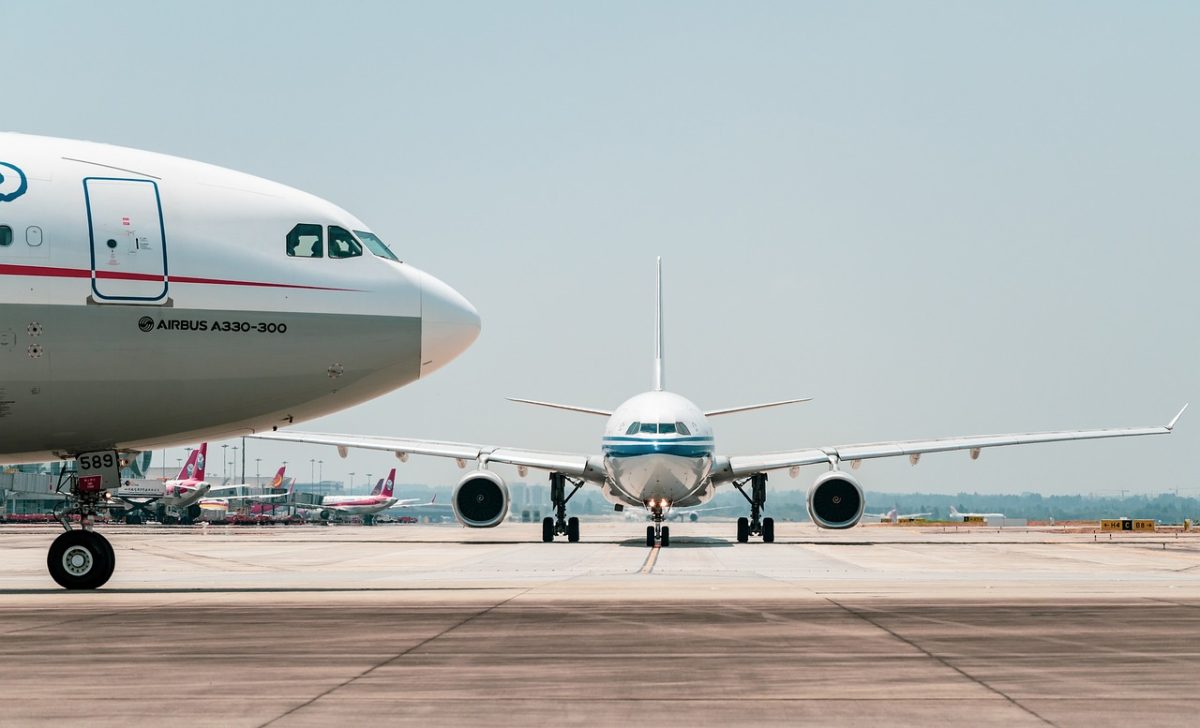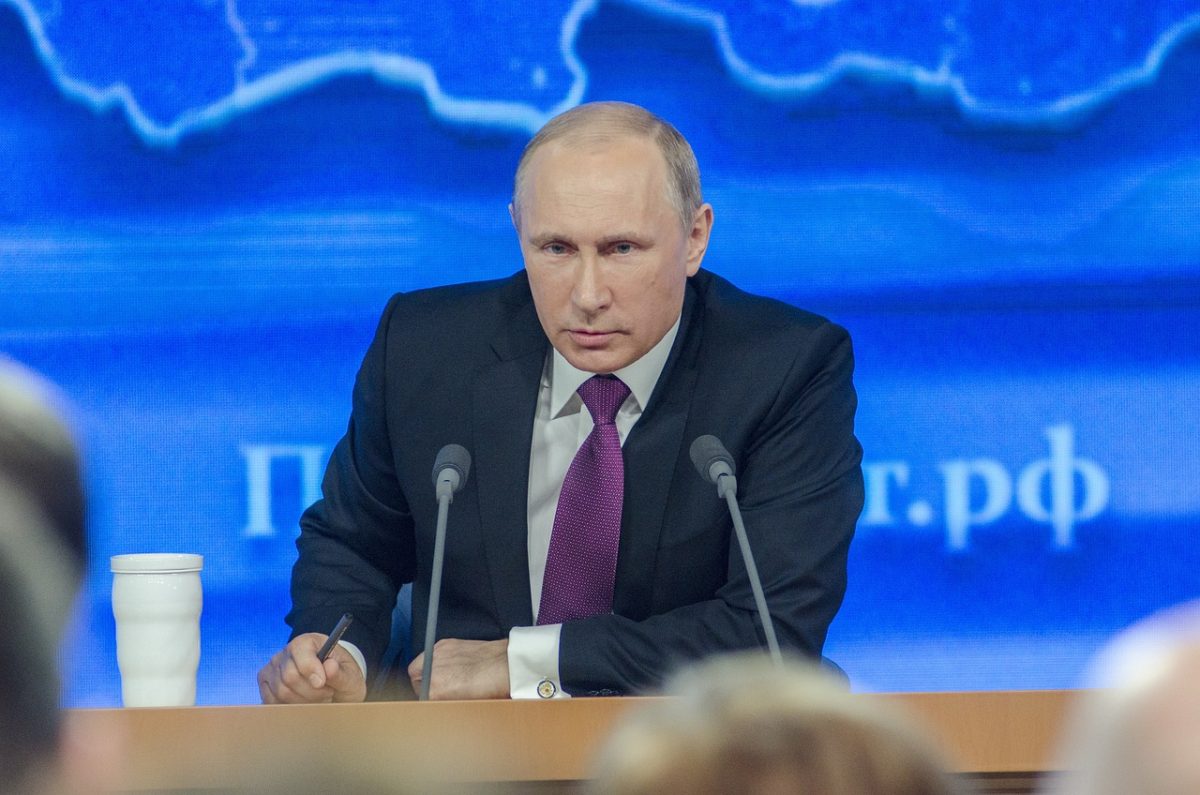By Jacqueline Hong
 A wake-up call of deafening explosion is nothing foreign to people of your town. The weapon of utmost defense in your possession is a bow and arrow, and somehow, the fear that seizes the heart of you and those around you is so striking that it drives you from your homes. This is merely one of the experiences of the parents in the village of Chibok, a small town in Nigeria whose people recently lost over two hundred schoolgirls, some as young as nine, to the terrorist group of Boko Haram on April 14th, whose name translates to “Western education is sin” in the local tongue. They were kidnapped from their dormitory at their all-girls school.
A wake-up call of deafening explosion is nothing foreign to people of your town. The weapon of utmost defense in your possession is a bow and arrow, and somehow, the fear that seizes the heart of you and those around you is so striking that it drives you from your homes. This is merely one of the experiences of the parents in the village of Chibok, a small town in Nigeria whose people recently lost over two hundred schoolgirls, some as young as nine, to the terrorist group of Boko Haram on April 14th, whose name translates to “Western education is sin” in the local tongue. They were kidnapped from their dormitory at their all-girls school.
One of the victims’ father recalls hearing an explosion so loud that it “shook buildings.” Then gunfire could be heard, but by the time her father made it to the school, the militants had already opened fire to security guards and set fire to the building. All he could do was stand and watch, helpless without defense against the rifles. The girls were herded onto trucks and driven into the dense forest.
Days after the attack, the military reported that all girls had been released and rescued, but it soon became evident that the collective sigh of relief following the news was merely in response to false information as the girls’ families began searching for the whereabouts of their daughters, only to have the military retract their previous statement. The Nigerian government boasts of their doing “a lot” but claim they aren’t talking about it or showing people because they “are not Americans.”
However, the parents of the abducted girls say otherwise, as there have been no sign of military men exploring the area in which the parents had seen, helpless and with their own eyes, their daughters guided by armed guards to fetch water. It seems rather contradictory that the government is offering $310,000 in reward money for the whereabouts of the missing girls when the seemingly valid first-hand witnesses of villagers are being blatantly ignored. It seems now it is too late for further investigation of the villagers’ claims, as it is likely the group has already travelled elsewhere.
With the kidnapped girls now beginning their second month in captivity, their parents are growing discouraged of the government, namely their president, Goodluck Jonathan, who has since postponed his visit to Chibok many times after taking more than a month for him to schedule the trip. It became official, as of May 15th, that the visit had been cancelled. There was anger and outcry from the townspeople of Chibok, who were desperate for some sort of condolence, comfort, and most importantly, information on the rescue efforts and whereabouts of their daughters.
Some villagers claim to have no confidence in their government and question what is more important to the president than the lives of their beloved. There was no explanation announced for the president’s abrupt cancellation, though the condition of rescue mission is proving to be tough and a major concern. A spokeswoman from Washington reports that the attempts to find the girls in the “remote Sambisa forest” prove to be “a tough challenge”.
The United States is hesitant to deploy their troops simply because of the mere risk of sending forces to such a vast and scattered expanse. It would make for a large-scale rescue, as the girls are believed to be separated in groups. The conditions of Nigeria’s own military force is rather disheartening, as it faces the same challenges of corruption as many other institutions of the country does. They lack stable and secure funding, as most of what goes to the Nigerian military is “skimmed off the top.”
So, now it is merely a waiting game, not only for the Nigerian families but also for renowned advocates for girls’ right to education, like sixteen year old Malala Yousafzai, and everyday people from around the world, trending #BringBackOurGirls on Twitter. The world is calling for their release and for sympathy in the seemingly cold hearts of their kidnappers. “They are our sisters,” says Yousafzai, and it seems it is a sentiment that is being globally echoed. “How can one imprison his own sisters and treat them in such a way?”






